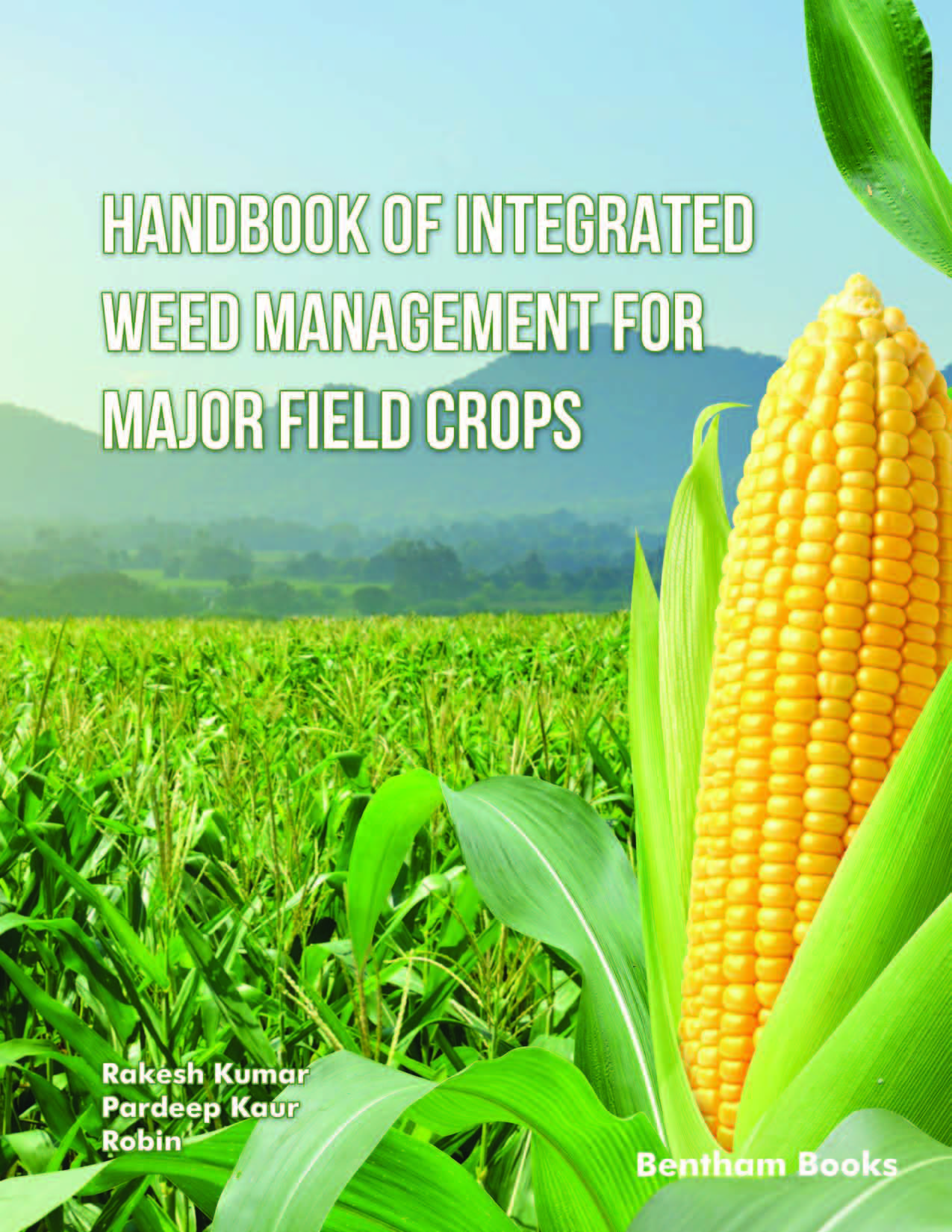Introduction
Handbook of Integrated Weed Management for Major Field Crop provides a comprehensive guide to the identification, ecology, and management of weeds in key agricultural crops such as rice, wheat, maize, sugarcane, oilseeds, pulses, and more. The book highlights an integrated approach to weed control, combining cultural, mechanical, biological, and chemical methods. Each chapter focuses on specific crops, detailing tailored strategies for effective weed management in diverse agroecological zones. The text also explores weed biology, crop competition, and the role of environmental factors in weed proliferation. With an emphasis on sustainability and economic efficiency, this handbook is a crucial resource for students, researchers, farm managers, and agricultural professionals seeking practical and ecological weed management solutions.
- - Comprehensive coverage of weed identification, biology, and ecology.
- - Focus on integrated weed management strategies across major field crops.
- - Detailed weed control approaches for specific crops.
- - Emphasis on sustainable and economically efficient practices.
- - Essential resource for students, researchers, and professionals in agriculture.
Ideal for undergraduate and graduate students, agricultural researchers, farm managers, extension workers, and farmers.

